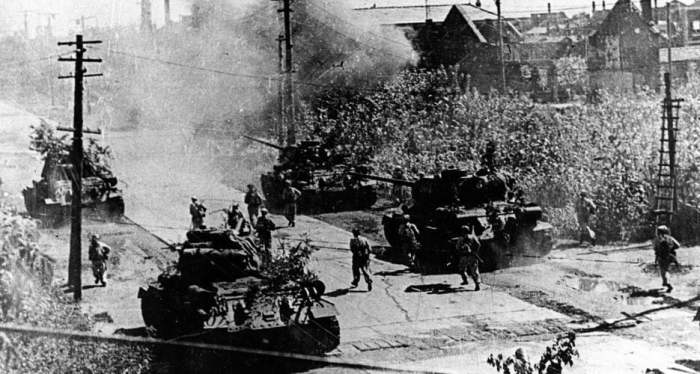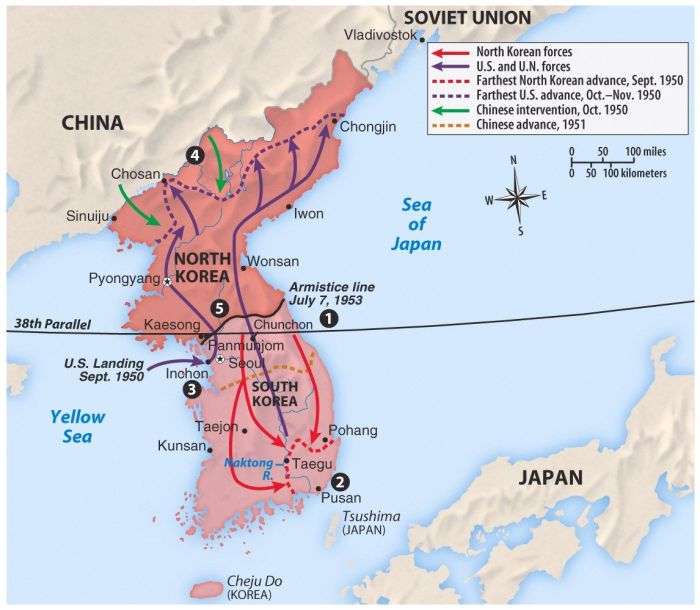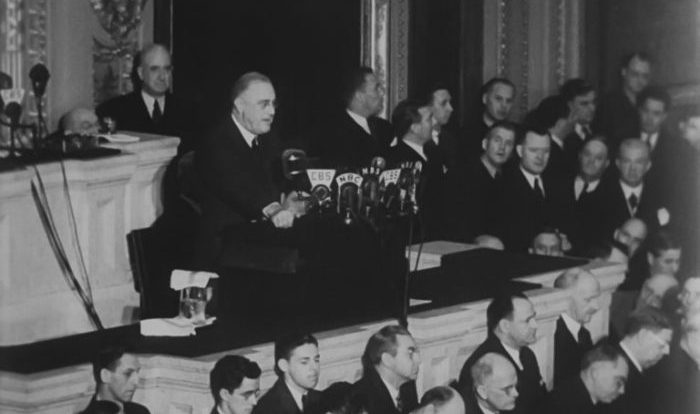The Korean War from North Korea’s perspective worksheet answers delve into the complexities of the conflict from the viewpoint of the Democratic People’s Republic of Korea. This in-depth analysis explores the historical context, military strategies, societal impact, and lasting legacy of the war on North Korea, shedding light on a pivotal chapter in modern history.
Historical Background
The Korean War, from North Korea’s perspective, was a defensive response to South Korea’s aggression and US imperialism. North Korea claims that the South Korean government, backed by the United States, sought to overthrow the socialist government in the North and unify the Korean Peninsula under capitalist rule.
Political and ideological tensions between the two Koreas escalated after the division of the peninsula following World War II. The Soviet Union supported the establishment of a communist government in North Korea, while the United States backed a capitalist government in South Korea.
Both Koreas claimed to be the legitimate government of the entire peninsula, leading to frequent border skirmishes and mutual distrust.
North Korea’s invasion of South Korea in 1950 was seen as a preemptive strike to counter the perceived threat from the South and its US allies. North Korea believed that the South Korean government was preparing for an invasion of the North, and that a swift and decisive military action was necessary to prevent such an attack.
North Korea’s Military Strategy
North Korea’s military strategy during the war was characterized by a combination of conventional and guerrilla warfare tactics. The North Korean army utilized its numerical superiority and heavy artillery to launch a surprise invasion of South Korea, quickly capturing Seoul and advancing deep into the peninsula.
However, as the war progressed, North Korea faced stiff resistance from the South Korean and United Nations forces. The mountainous terrain of North Korea provided excellent cover for guerrilla warfare, and the North Korean army employed hit-and-run tactics, ambushes, and infiltration to inflict casualties on the enemy.
The entry of the Chinese People’s Volunteer Army into the war in 1950 significantly bolstered North Korea’s military strength. The Chinese forces provided valuable reinforcements, logistical support, and expertise in guerrilla warfare, helping North Korea to stabilize the front lines and eventually push back the UN forces.
The War’s Impact on North Korea: The Korean War From North Korea’s Perspective Worksheet Answers

The Korean War had a devastating impact on North Korea. The war caused widespread destruction of infrastructure, industries, and homes. The loss of life was significant, with an estimated 2 million North Korean civilians and soldiers killed or injured.
The war also contributed to the rise of Kim Il-sung as the undisputed leader of North Korea. Kim Il-sung emerged as a charismatic and ruthless military commander during the war, and his leadership was instrumental in securing North Korea’s independence and consolidating his power.
The war had a lasting impact on North Korea’s relations with other countries. The Soviet Union and China provided significant support to North Korea during the war, and these relationships remained strong in the decades that followed. However, North Korea’s relations with the United States and South Korea remained hostile, and the peninsula remains divided today.
North Korea’s Perspective on the War
North Korea’s official narrative of the Korean War is that it was a heroic struggle against US imperialism and South Korean aggression. North Korea claims that the war was a just and necessary response to the threat posed by the South and its allies.
North Korea’s view of the war has shaped its foreign policy and military strategy in the decades since. North Korea has consistently maintained a hostile stance towards the United States and South Korea, and it has developed a nuclear weapons program as a deterrent against potential aggression.
Propaganda and censorship play a significant role in shaping North Korea’s public perception of the war. The government controls all media outlets, and only the official narrative of the war is presented to the North Korean people. This has led to a distorted and glorified view of the war, which is used to justify the government’s policies and to promote national unity.
Legacy and Commemoration

The Korean War is remembered and commemorated in North Korea today as a heroic victory against overwhelming odds. War memorials and museums are dedicated to the memory of the war, and the government organizes annual events to commemorate the anniversary of the war.
The Korean War has a profound impact on North Korea’s national identity and ideology. The war is seen as a symbol of the country’s resilience and determination, and it is used to justify the government’s policies of self-reliance and military preparedness.
FAQ Insights
What were North Korea’s primary motivations for invading South Korea in 1950?
North Korea’s motivations for invading South Korea were multifaceted, including a desire to unify the Korean peninsula under communist rule, perceived threats from the South Korean government, and encouragement from the Soviet Union and China.
How did North Korea’s mountainous terrain influence its military strategy during the war?
North Korea’s mountainous terrain provided advantages for guerrilla warfare tactics, allowing its forces to launch surprise attacks, retreat into rugged areas, and defend against enemy advances.
What was the role of the Chinese People’s Volunteer Army in the Korean War?
The Chinese People’s Volunteer Army played a crucial role in supporting North Korea’s war effort, providing significant manpower, logistical support, and air defense, helping to stabilize the front lines and deter a potential invasion of North Korea.
How has North Korea’s official narrative of the Korean War shaped its foreign policy and military strategy?
North Korea’s official narrative of the Korean War as a victory against foreign aggression has influenced its foreign policy, leading to a focus on self-reliance, military preparedness, and a confrontational stance towards perceived threats.
What is the significance of war memorials and museums in North Korean society?
War memorials and museums in North Korea serve as powerful symbols of national pride, reinforcing the official narrative of the Korean War and fostering a sense of patriotism and unity among the North Korean people.

